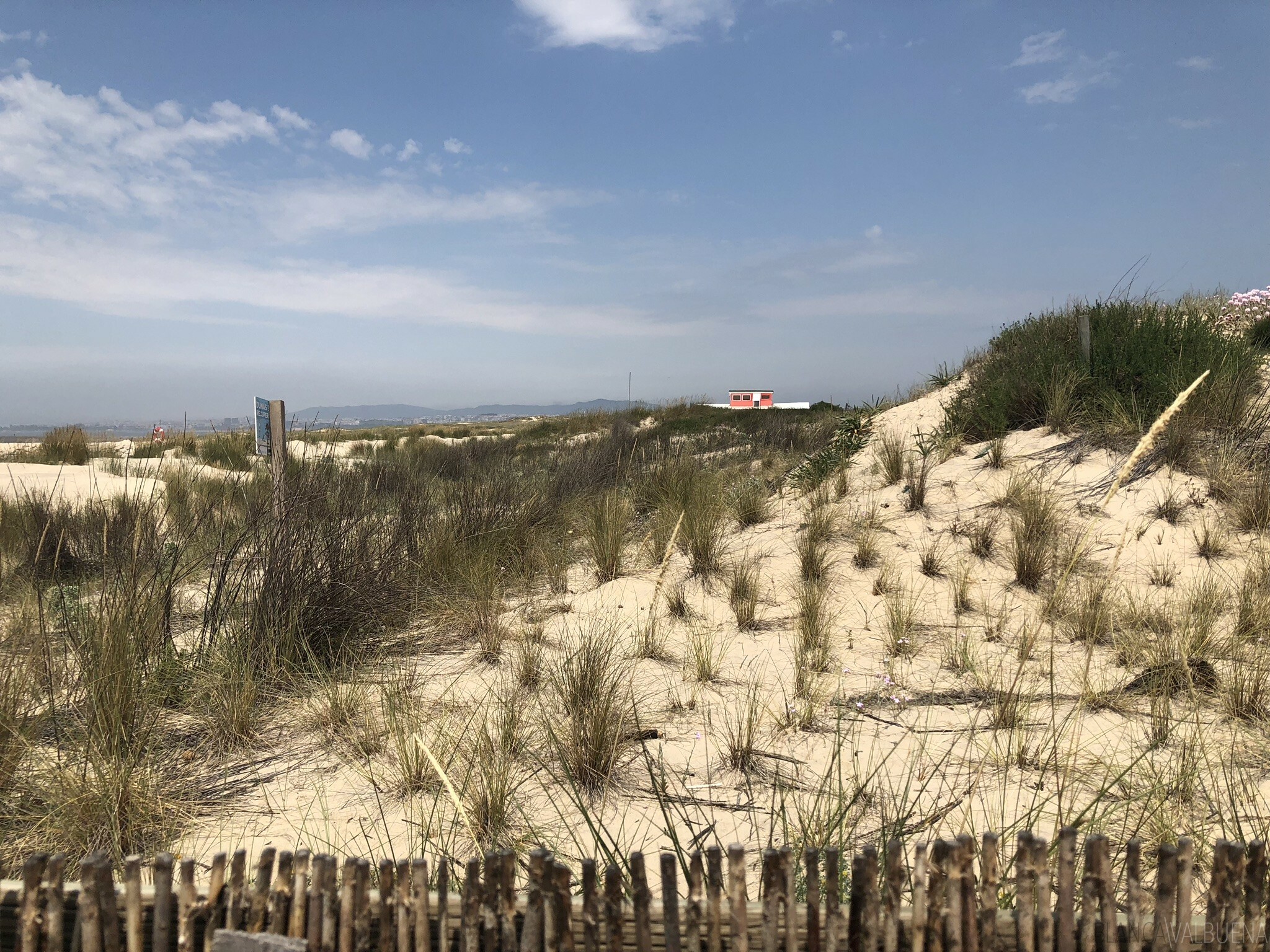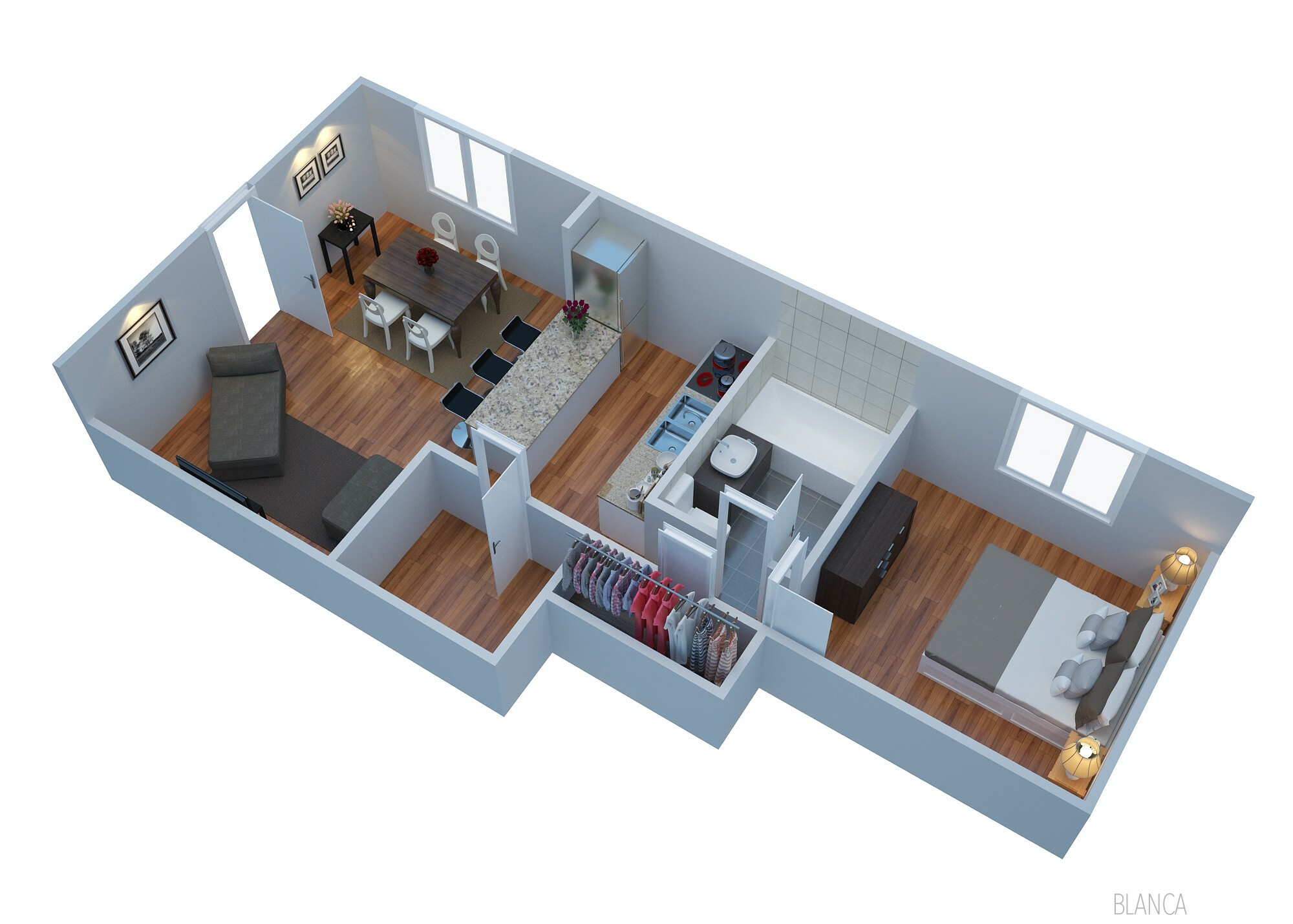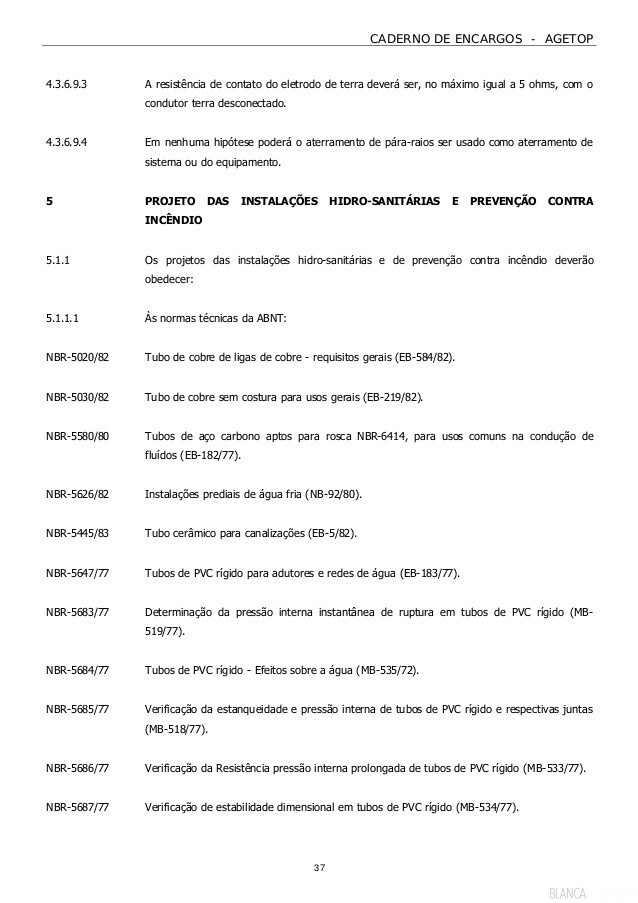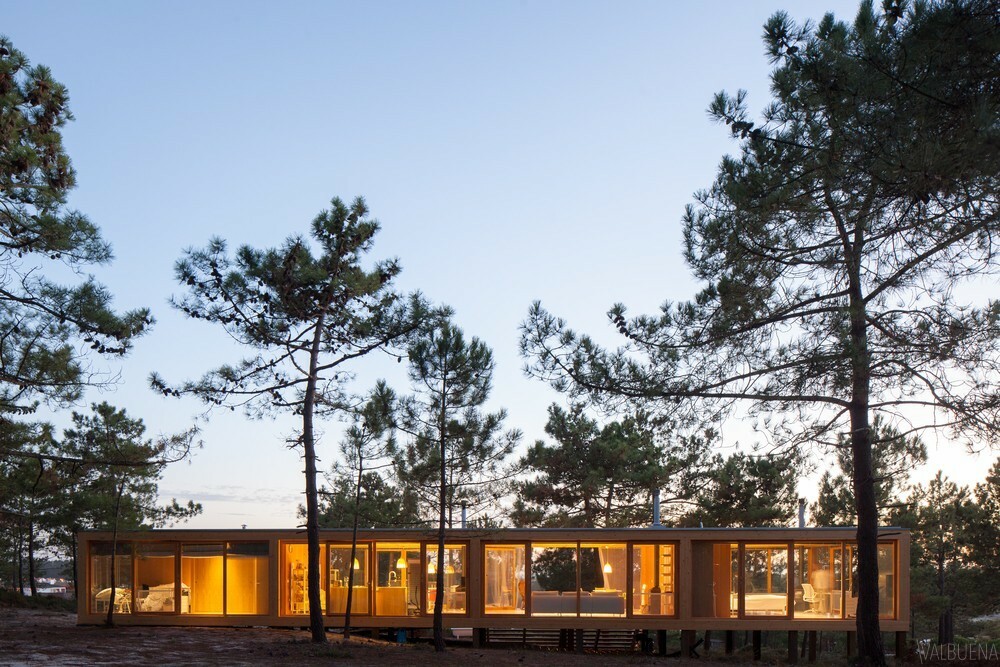Blanca and I have always dreamt of getting our perfect Frank Lloyd Wright style home. Somewhere near the beach, not too far from the city and near the mountains. It’s a dream we have been researching like crazy and now that we moved to Lisbon, got a dog (a beautiful Portuguese Podengo) we have the process we wanted to share with you.
Building a home is not as easy a process as purchasing a home in Portugal. It takes a person with a vision to be able to see a plot of land and envision what your home would be like. Here is a breakdown on the process we are going through to purchase land in Portugal.
How to Build a House in Portugal
Finding your Budget
Land in Portugal varies greatly in price. Be prepared for locations near cities being 3-10x more expensive than those in the countryside. It is also important to know that most banks will not give you a loan for buying the land. So you will have to pay for this upfront.
The breakdown of your budget should be:
- Land Purchase (full amount + legal fees)
- Architect (flat fee)
- Builder (paid in installments)
- Lawyer (1% of purchase price)
- Mortgage (or full cost of the house)
- Taxes (2% -7% purchase price)
- Transfer fees
Building loans can be had at your bank. They will pay for the property in installments matching the building stages. Talk to your builder to come up with the plan to match when the loan monies will come in.
The land (Terrenos)

What comes first the chicken or the egg? That is the question when building a new home. Do you get the floorplan setup first, then find a plot of land or vice versa? I would suggest that you get the land first if you want the house to fit the landscape. For example, if you find a land near Sintra you would want the house to match the surrounding hills, but if you find a house near Palmela you would want a more rural winery type feel. It all depends on the environment.
The big issue is the cost of the land. I have seen huge ranges for parcels throughout the country.
Lots of factors come into the play with the costs:
- Location
- Does the land have services (electric, water, sewage, telephony)
- Pitch of land
- Tax municipality
I like to look at ERA and Idealista for current averages and to see whats on the market. You can also go to your local realtor and have them find you places.
As you begin looking at places (and yes I would suggest visiting all the ones in your desired area) you need to do some analysis.
Things such as:
- Plot size
- Soil conditions
- Fire breaks (we have fires in Portugal)
- Local regulations (building types, air rights, etc)
- Development of region (PDM which could have a highway right through your front door)
To get a lot of this information go to the Plano Director Municipal (Municipal Master Plan or PDM for short) and ask to see the plan for the area. By law, they have to give you what they are planning for the current 10-year plan. It will show where roads will be planned, new fiber wires, drainage, new restrictions etc. It will all be in the plan. Your realtor can help you with the process but you may need a lawyer to help translate the full plan.

Designing the House
You have maybe choices when designing your dream home. You can go to an architect who will design your home from scratch or you can bring your own CAD drawing of the house to a builder. The benefit of going with an architect is that they can not only customize the house but become a kind of project manager for the project. If you are looking in the Lisbon area, I can suggest working with Matelier as your Portuguese architect. They are a full-service shop that can either take preconfigured designs from their catalog or help you create a custom solution. They also work with engineers and builders. So pretty much a one-stop shop.
Alternatively one of the solutions we like is prefab houses. These are homes already built in a factory then brought over to the land you own. However, you will still need a builder to put in the foundation, add the infrastructure and connect the newly built prefab. The biggest benefit with the prefab is construction time is minimal and rarely goes over schedule (wait…this is Portugal so it won’t go too much over the schedule). The quality of the house can be inspected before moving to the land. In my opinion, the biggest benefit is being able to walk through your new house at the build site and ask for changes before the move.
If you go the custom route, ask your architect to design your vision (and your budget). If you go the stock plan route you can adjust rooms sizes, move some fixtures but not much more then that. If you go prefab route you can only move a few fixtures.
How to find your team
Personally, I would suggest asking a local person you trust for a referral or even having them do the negotiation with you. In Portugal as in many other nations, they will “Gringo Price” foreigners. I’ve had lawyers and realtors tell me “If it’s a Chinese buyer we add 30-50k on the price”. Terrible, I know. If you go through a middleman or a referral they will give you better prices and not just think you’re a bank account.
Your team should consist of:
- An Architect (arquitecto) to put together the floor plans. Check Directório de Arquitectos website to see if your guy is licensed
- a builder (construtor) should be licensed through the Instituto da Construção e do Imobiliário which mandates s/he have insurance to cover his work, in case of bankruptcy or lawsuit.
- A lawyer
- A topographer, to confirm the plot’s boundaries as well as its declivity.
- An engineer for the supervision of the specialized works (soil stability, electricity, gas, sewage, wastewater, telecommunications, the thermal and acoustic behavior of the building.)
- A surveyor to ensure that the builder does his work according to the plans and specifications.
- A fixer (to do the legal legwork of applying for permits, translating documents)
- A landscaper (to clean up the land before the move in and to help you plan you outside space)
The Contract
You will need various contracts between you and seller of the land, you and the architect and you and builder. This will be in one mandatory document called the Caderno de Encargos. In it, it will have a timetable of the projects, description of the project, penalties if late and list of their subcontractors.

Use this document as your “bible” when you see the build process not going as you planned. If there is a change that needs to be made put it in writing, sign it and attach it to the documents. This is your “bible” use it wisely. If it isn’t in the contract it won’t happen.
I have seen people get robbed by terrible builders who have asked for more monies upfront which wasn’t stated in the contract and never finishing the build. I have seen architects stall with designs and people just straight up messup work. Use the Caderno de Encargos and exercise the penalties listed. This should be done during the build process and afterwards. It is not unheard of to hold back a portion of the cost even after the build to be a warranty on their work.
The contract should contain:
- The contractor’s business name, his full name, address, email, telephone, and license number (Nº de Álvara), and his NIF.
- An exact scheudle of the start and finish date of the house. (these will always change)
- In the contract, it should have plans of the house, details on materials for the house, drawings and items for the house (appliances, infrastucture, etc)
- Exact orçamentos (quote) of the subcontractors.
- How the area will have the construction debris removed at the end of the work.
- Jurisdiction if a legal case is brought by any party.
- Any warranties for the work and guarantees of quality.
- Payment dates with quantities for each milestone.
- Various penalty clause for late completion.
All this should be looked over by you, your family and your lawyer before you sign. Remember this is a contract. It is enforceable by law.
The Bureaucracy
As the project begins you will have to begin getting your inspections done by the various agencies. Things such as structure, gas, electricity, water, sewage, telephony, have to be sent to the local municipality. They will then review the documents, send out inspectors and approve to proceed by providing you with a Licença de Óbras (construction license). If you are working with a great architect firm or builder they will do the work for you.
The different steps are:
- Apply for a water and sewerage connection to the Serviços Municipalizados de Àgua e Saneamento(SMAS ), this is the water grid..
- Apply for electricity & gas connection to EDP (Electricidade de Portugal).
- Apply for a telephone connection to PT (Portugal Telecom), this will get you fiber or cable connectivity.
Then request:
- Request an Inspection by the water and sewerage authority.
- Request an Inspection by the power authority.
- Request an Inspection by the telecommunication authority.
*Then this happens:
- Water and sewerage connections.
- Electricity connection.
- Telephone connection.
*this could take weeks, especially in the summer or during holidays.
Final steps
So the building is done, you finished your inspections now you should:
- Get the builder to request a final inspection to obtain the Licença de Habitação (Municipality Habitation License ). This confirms to the Câmara Municipal (local government) that the property has followed all regulations and is habitable.
- Registration of the building at the Conservatória do Registo Predial (added to National Land Registry Records).
- Get inspected by the Serviço das Finanças (tax office…IRS pretty much) to give a value to the house and setup your tax payment plan (Property Transfer Tax aka IMT and Capital Gain Tax if the property is sold).
Warranties and Guarantees
Now that you can move into your house look for small issues with things such as loose floor boards, leaky roofs, drafts coming in from windows. It is wise of you to bring in a surveyor during the last weeks of the project to assess if everything is up to par. This outside spend of one will save you stress in the future. But just know, you are protected by Portuguese law. They have to fix items up to 1-year for small issues and up to 5-years for structural defects (roofs, walls, foundation, etc).
Landscaping
You can find affordable paisagista (landscapers) all throughout the countryside of Portugal. To ask your builder, he will know of a few in the area. If you want one who may speak english you can go to either Leroy Merlin or Aki. These are the two big construction and housing stores. They both have services for things like landscaping, pools, and even handymen.
When you go to the service desks, ask if someone speaks english and they will direct you. Remember, “falar inglês?” is your friend.
Furnishing
I love IKEA. I adore IKEA but you cannot furnish your place with IKEA alone. There are some great places to buy cheap furniture in Portugal. Ask a local in your area where could you buy some nice local pieces, they will direct you. If you are looking for higher-end items, check out Area or some of the big furniture stores in your nearby Zona Commercial. They will have pieces to match your needs.
Final
Wow, that was a lot of information but it’s what you need if you want to make your dream house in Portugal.
Remember a few things:
- Find the right piece of land that matches you
- Ask lots of question at each step of the process
- Enforce contracts.
- And most of all have patience. Portugal most likely is slow than your use to.
If everything works out, feel free to invite Blanca and me to your dream house for some local wine and cheese. Good luck!



Thanks guys. Really useful article. I found it as i’m looking to do the same thing – the quality of the real estate stock isn’t quite what I want. So exploring building – your description of FLR, near beach, mountain and close-ish to lisbon is pretty similar. Would love to meet for a coffee one day and share ideas.
VERY helpful article.
Full of great information.
I was not familiar with the “Fixer” concept. It seems like a great idea.
How do we find one?
How do we know if they will do the job?
Thank you very much
Great article. We bought a plot in the Sintra area with planning for a house we didn’t want to build but loved the location. It has taken us three years, with the help of our architect, to get full planning approval for a house of our design. We have received two quotes to build and they are astronomical, over twice the amount we budgeted for on the advice of our architect, which is E1500/sqm. The house is of brick and concrete with big windows and some stone and wood cladding for accent, otherwise nothing fancy. Have you any advice on what a new build should cost in the current market? I speak Portuguese.
Thank you.
Halo
Thank you for good tips. Do you know something about rural plot? On many of them they write at you need to have agricultur. I love this kinds of land. We would like to build a house for sommer holidays and rest of the time for rent.
Kasia
Are you thinking of opening up an AirBnB like Agroturismo property in Portugal? That will be more complicated, but always doable, Kasia.
Thank you, Antonio/Blanca, for sharing the info and your experiences. Extremely useful.
Thanks for the kind words, Steve. Are you getting started on building your dream house in Portugal?
I wish, Blanca, but at the moment it’s a pipedream. First thing on the list is to try and secure Portuguese citizenship on my father’s side. I don’t just want to retire to Portugal when I reach that age, but would prefer to live/work there first; being a podiatrist I’ll need to get my language skills up considerably, which will be a challenge! I’ll need to wait for this Brexit stupidity to clarify into ‘something’ definable before I can act with confidence and move out of the UK.